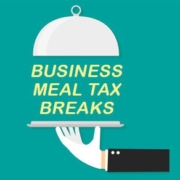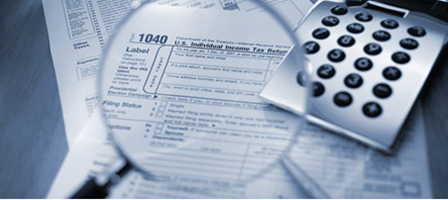Cafeteria-Plan DCAPs Get Temporary Boost from COVID-19 Relief Act
- Learn more about DCAPs and what they cover.
- Find out how DCAPs qualify as benefits excludable from gross income.
- Learn how the ARPA affected the exclusion for employer-provided dependent care assistance.
Many employers use cafeteria plans to offer employees a menu of benefits from which to choose. Under Section 125 of the Internal Revenue Code, participants in a cafeteria plan must be permitted to opt for at least one taxable benefit (such as cash) and one qualified benefit. Chosen benefits are then provided on a pretax basis. Enrollment in dependent care assistance programs (DCAPs) is among the most popular benefits.
Such a program allows participants to use those pretax dollars to pay for eligible child day care or elder day care expenses. The recently signed American Rescue Plan Act (ARPA) includes a substantial, though temporary, boost to a critical dollar amount associated with DCAPs. Fiducial has the details below!
DCAPs as FSAs
As mentioned, an eligible employee’s gross income generally doesn’t include amounts paid or incurred by an employer for dependent care assistance provided under a qualified DCAP.
Many employers maintain their DCAPs under a cafeteria plan as a DCAP Flexible Spending Arrangement (FSA). For such an arrangement to be a qualified benefit that’s excludible from gross income, the cafeteria plan must satisfy Sec. 125 as noted; meanwhile, the DCAP FSA needs to satisfy Sec. 129.
Under pre-ARPA law, the amount that could be excluded from an employee’s gross income under a DCAP during a tax year was no more than $5,000, or $2,500 in the case of a separate return by a married individual (subject to certain limitations).

Increased exclusion for DCAPs
For 2021 only, the exclusion for employer-provided dependent care assistance has increased from $5,000 to $10,500. In the case of a separate return filed by a married individual, it increased from $2,500 to $5,250.
A plan that adopts this change will satisfy the requirements of Sec. 125 and Sec. 129 so long as it meets certain requirements including:
- The plan is amended for this change retroactively, and
- The amendment is adopted no later than the last day of the plan year in which the amendment is effective.
Important note: Any contribution made by an employer to a DCAP cannot exceed the employee’s earned income or, if married, the lesser of the employee’s or spouse’s earned income.
Cost-effective benefits
This provision is effective for tax years beginning after December 31, 2020. Other rules and limitations may also apply. Need help assessing the impact of ARPA on your cafeteria plan or with otherwise understanding and managing the cost effectiveness of employee benefits? Call Fiducial at 1-866-FIDUCIAL or make an appointment at one of our office locations to discuss your situation.
Ready to book an appointment now? Click here. Know someone who might need our services? We love referrals!
For more small business COVID-19 resources, visit Fiducial’s Coronavirus Update Center to find information on SBA loans, tax updates, the Paycheck Protection Program, paid sick and family leave, and more.









